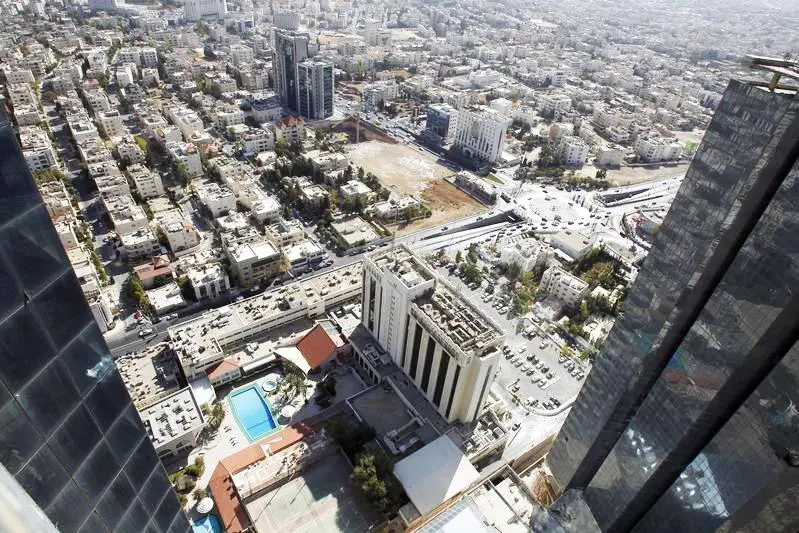PHOTO
AMMAN - Jordan's growth has quickened in 2022 despite global economic turbulence, driven by strong progress in IMF-backed structural reforms that have cushioned the economy and strengthened macro-economic stability, the IMF said on Tuesday.
Ali Abbas, who headed an IMF mission, told reporters that a post-covid recovery continued to build momentum with expected 2022 growth revised upwards to 2.7 % from a previous forecast of 2.4 %.
"Jordan has survived this environment better than expected," Abbas said, highlighting strong inflows from a revival of tourism, foreign worker remittances and investments from Gulf countries that have benefited from sharply higher oil prices.
Higher growth is seen as key to easing the country's high unemployment, which stands at around 22%. However, Abbas warned that "the biggest challenge is how to maintain macroeconomic stability in this very difficult period that is coming up."
Jordan has met most of the fiscal and monetary targets since the IMF programme began in March 2020, closing tax loopholes and widening the tax base and maintaining $16 billion of adequate foreign currency reserves, Abbas added.
Total disbursements of the IMF-backed Extended Fund Facility (EFF) programme are expected to reach $2 billion by the time it expires in March 2024.
Abbas said the government was expected this year to narrow its primary deficit to 3.7 % of GDP, excluding foreign grants that officials say normally cover the shortfall.
The IMF also agreed with Jordan on a 2023 target of a fiscal deficit of 2.9 % of GDP, with a commitment to reduce public debt to 80% of GDP by 2027.
Inflation however was expected to rise to 4.4% this year, compared to a previous forecast of 3.8%, despite subsidies on fuel and commodities.
The IMF deal will help Jordan secure grants and loans at preferential borrowing rates to ease annual debt servicing.
(Reporting by Suleiman Al-Khalidi Editing by Alexandra Hudson)





















